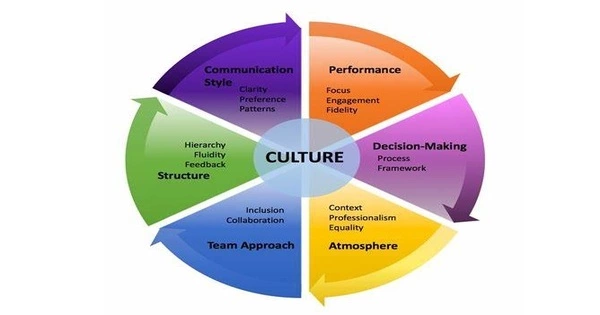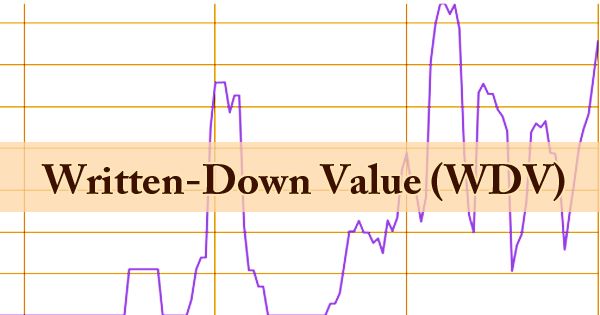The term “assessment culture” refers to the prevalent attitudes, beliefs, and practices around the evaluation and measurement of people’ performance or the efficacy of processes in a certain setting, such as education, business, or organizations. It is a subset of higher education organizational culture defined by trustworthy connections, data-informed decision-making, respect for the teaching profession, and an internally driven demand for knowledge about student learning.
It includes the values, techniques, and frequency with which assessments are conducted, as well as the usage of the results. Positive assessment culture generally implies the presence of conditions for practitioner collaboration, reward structures, professional development opportunities for faculty and staff, student involvement, and a shared commitment among leaders to making long-term institutional improvements.
Assessment culture, for example, in education refers to the emphasis placed on testing, grading, and evaluating students’ learning results. It covers the several sorts of assessments employed, including as standardized examinations, quizzes, projects, and portfolios, as well as how these assessments are integrated into the entire learning process. The culture can range from a more traditional approach that emphasizes tests and grades to a more progressive approach that emphasizes a variety of assessment methods, including formative assessments that provide continual feedback.
Key aspects of assessment culture include:
- Purpose of Assessment: Assessments’ overarching goals and intentions, whether they are primarily focused on assessing learning outcomes, gauging proficiency, finding areas for improvement, or making judgments concerning promotions and certifications.
- Methods of Assessment: Exams, projects, presentations, standardized tests, and other forms of evaluation are examples of performance assessment methods and techniques. The variety and applicability of assessment procedures can have a considerable impact on the assessment culture as a whole.
- Feedback and Improvement: The emphasis on providing constructive comments and using assessment results to develop continuously. A positive evaluation culture encourages people to see assessments as chances for growth and development rather than as judgments.
- Fairness and Equity: The extent to which assessments are perceived as fair, unbiased, and accessible to all individuals, regardless of their background, socio-economic status, or other demographic factors.
- Transparency: The clarity and openness surrounding the assessment process, including the criteria for evaluation, the weighting of different components, and the overall assessment criteria. Transparency contributes to a sense of trust in the assessment system.
Assessment culture can be indicated behaviorally through variables such as success celebration, extensive program review, shared usage of standard vocabulary and language, technical support, and the use of affirmative messaging to successfully convey meaning. evaluation culture has been examined by academics of perceptions among professors to establish motivations, sense of support, and degrees of fear associated to evaluation.
In a commercial or organizational context, assessment culture can refer to how performance evaluations, feedback mechanisms, and goal-setting processes are executed. It refers to the organization’s strategy to monitoring employee performance, supporting professional development, and making decisions based on assessment results.
A positive assessment culture promotes fair and meaningful evaluation, supports ongoing growth, and makes constructive use of assessment data. A negative assessment culture, on the other hand, may be distinguished by an overemphasis on high-stakes testing, a lack of flexibility in assessment methods, or an overreliance on quantitative indicators without regard for qualitative components.
The concept of assessment culture emphasizes the significance of developing a climate in which evaluations are viewed as tools for learning and improvement rather than simply as judgmental exercises. It entails matching assessment procedures with the unique context’s aims and values in order to foster growth, development, and success.
















